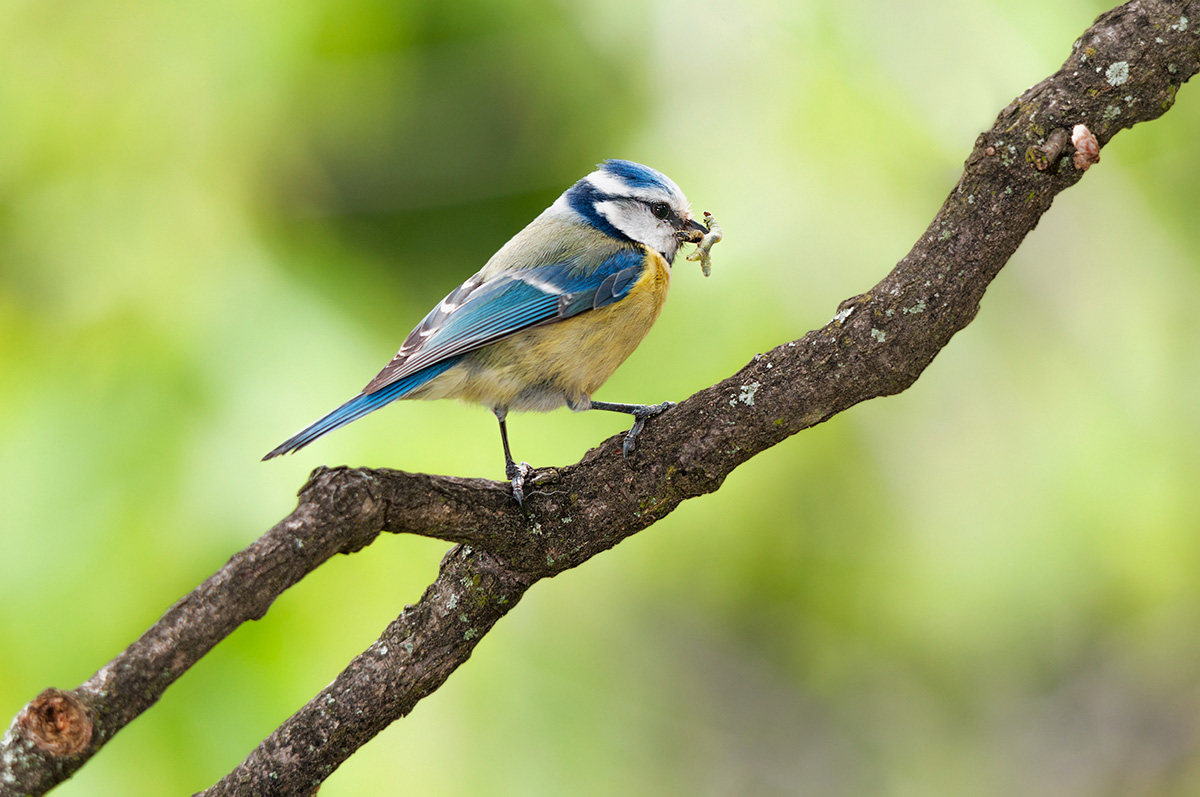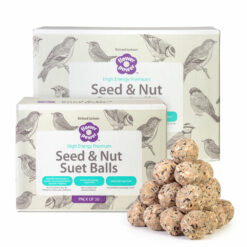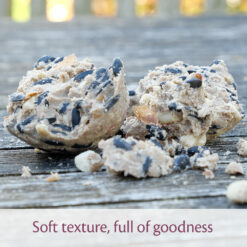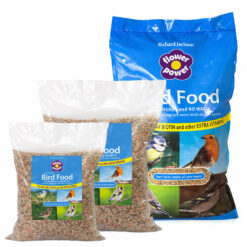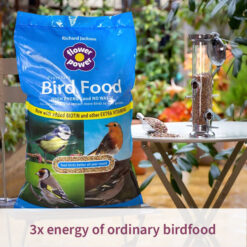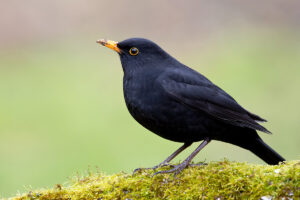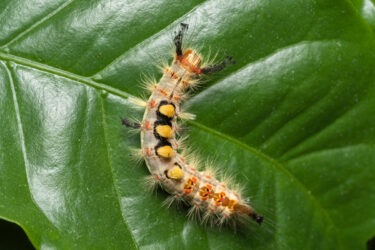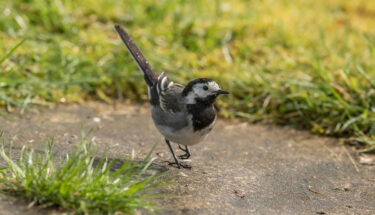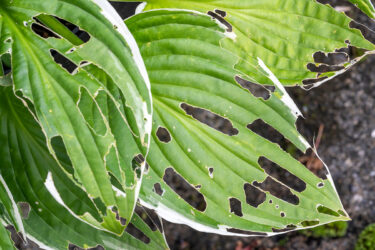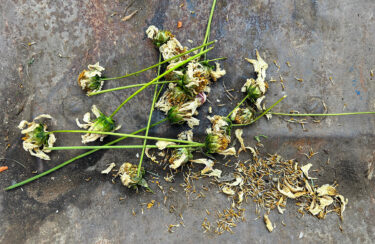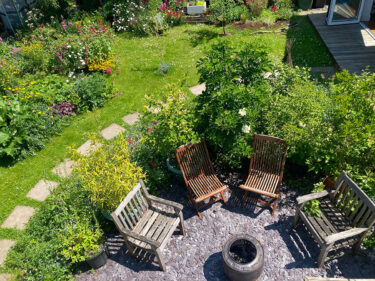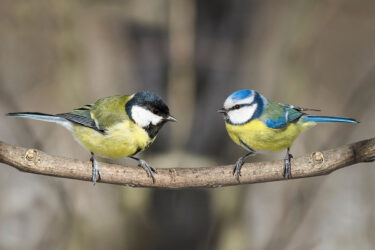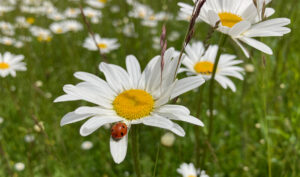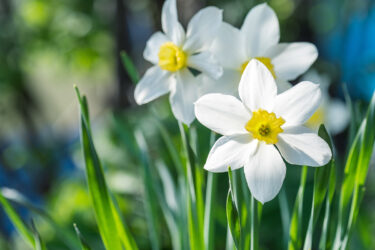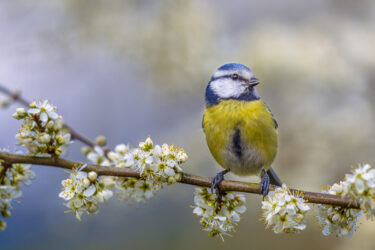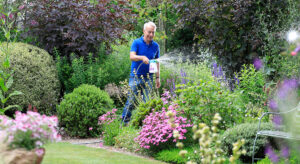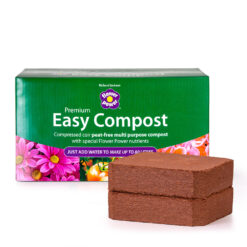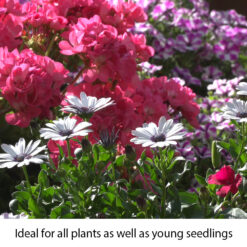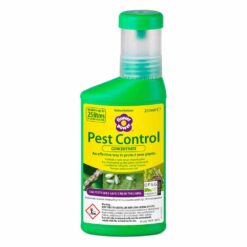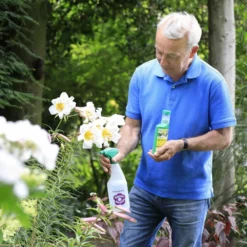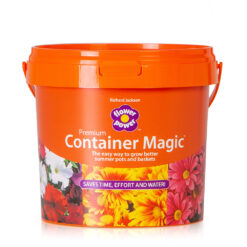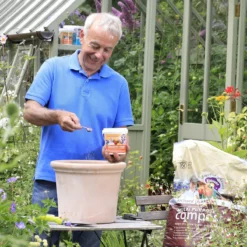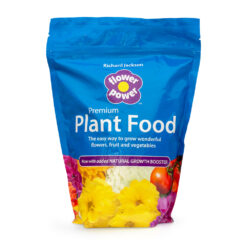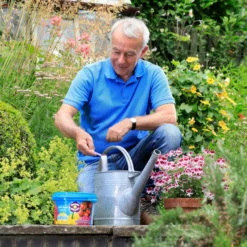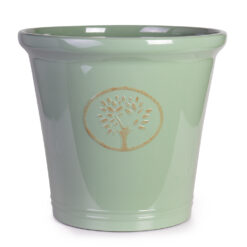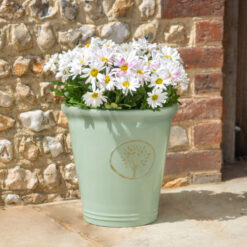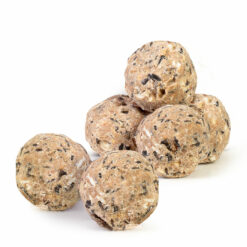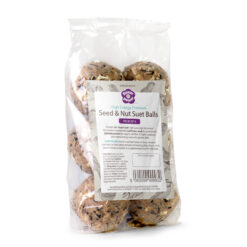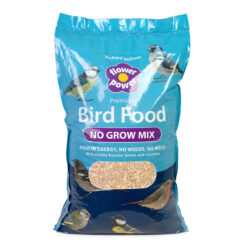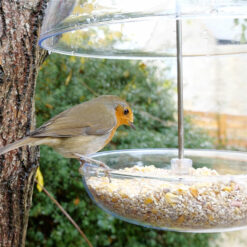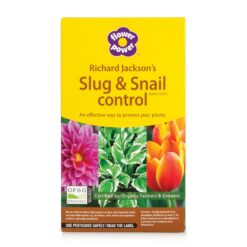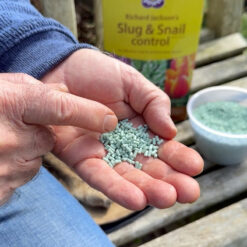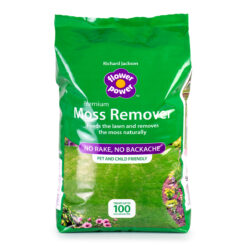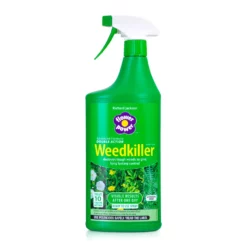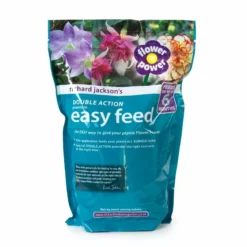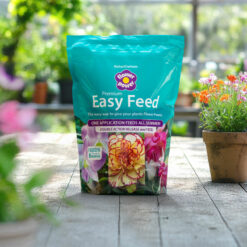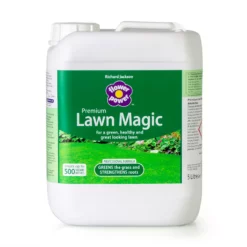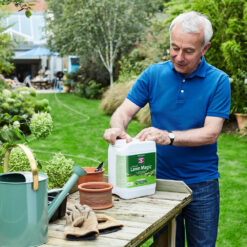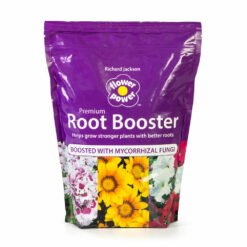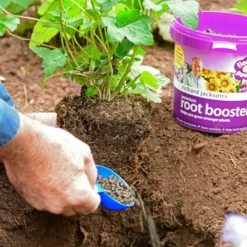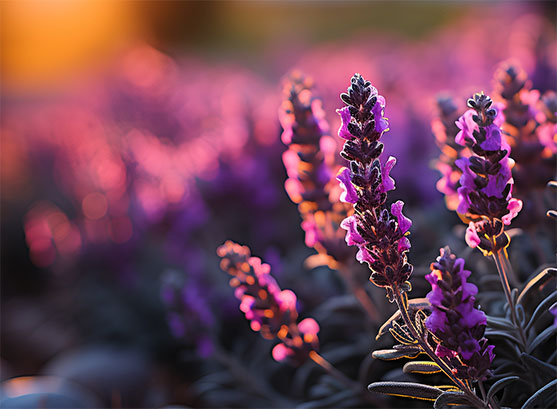Right now, nature is out of kilter and it’s up to us gardeners to lead the way and do the right thing. If we lead by example and let the natural balance restore on our patch then nature can start to recover.
Most gardeners love the garden birds for the wonder that they bring to the garden. But birds, like all creatures are part of the intricate web of life that lives and breathes in nature. They are a vital layer in the food chain devouring all sorts of insects, including some we call ‘pests’, as well as seeds, fruits and nuts too.

You might not realise that different birds have very different dietary needs. Or that when we feed the birds, really, we are feeding the adults because the chicks generally need a different diet. The birds collect all sorts of creatures from the wild, especially caterpillars to feed their young. One blue tit chick needs one hundred caterpillars a day, so a nest of ten chicks requires a thousand caterpillars. If you’ve decided to obliterate the caterpillars eating your plants then you have deprived that nest of a vital source of food. Plus, unless you really know your caterpillars and indeed the plants that they need to complete their lifecycle you may have even destroyed the larval stage of a rare butterfly or moth.

Instead, hold fire on the toxins and allow nature to deal with your ‘infestation’. Even some of the most persistent munching caterpillars like the box moth caterpillar and the oak processionary moth have become food for some species of birds. Jackdaws and sparrows have been recorded eating the box moth caterpillar, even though it is thought that there is no natural predator in the UK and Cuckoos and the Great Tit are known predators of the oak processionary moth.
Kinder caterpillar control
By encouraging insect eating birds to the garden, you introduce a natural pest control and feed the birds at the same time. Supplementary feeding with a high-quality bird food like Richard Jacksons Premium Bird Food keeps the adults in good health, but the chicks need grubs and bugs. There are many insect eating species of wild birds that often frequent our gardens and these include starlings, sparrows and blue tits. By installing suitable nest boxes for these species, you can save them time and effort and provide somewhere safe to raise their brood.

If you are struggling with Box Moth caterpillar don’t forget that Richard’s Box Health Cleanse & Shine helps deter the adult moths from laying their eggs but it needs to be applied in March BEFORE the moths start looking for host plants. But, what’s great is that it is a natural deterrent and won’t affect the wildlife or the other insects in your garden.
-
Subscribe & Save 20%Select options This product has multiple variants. The options may be chosen on the product pagePrice range: £19.50 through £38.00
-
Subscribe & Save 20%Select options This product has multiple variants. The options may be chosen on the product pagePrice range: £9.99 through £34.00
Supporting nesting birds
Our wild birds need our support and there are many ways to support nesting birds in our gardens.
- Provide a fresh source of drinking and bathing water for the garden birds. Keep it clean and topped up so that the birds can rely on it as a safe watering hole.
- Install a mix of bird boxes in safe, secure positions around the garden. Don’t expect them to be used straight away, allow the birds time to discover them and trust them.
- Plant things that offer natural food, like berry bearing plants, fruit bearing trees and nuts.
- Leave an area of the garden to grow wild, this will supply a range of nesting material for the birds.
- Offer the birds some moss and other nesting materials by placing them in clefts in the trees and shrubs.
- Install bird feeders and provide the adult birds with a high-quality bird food.
